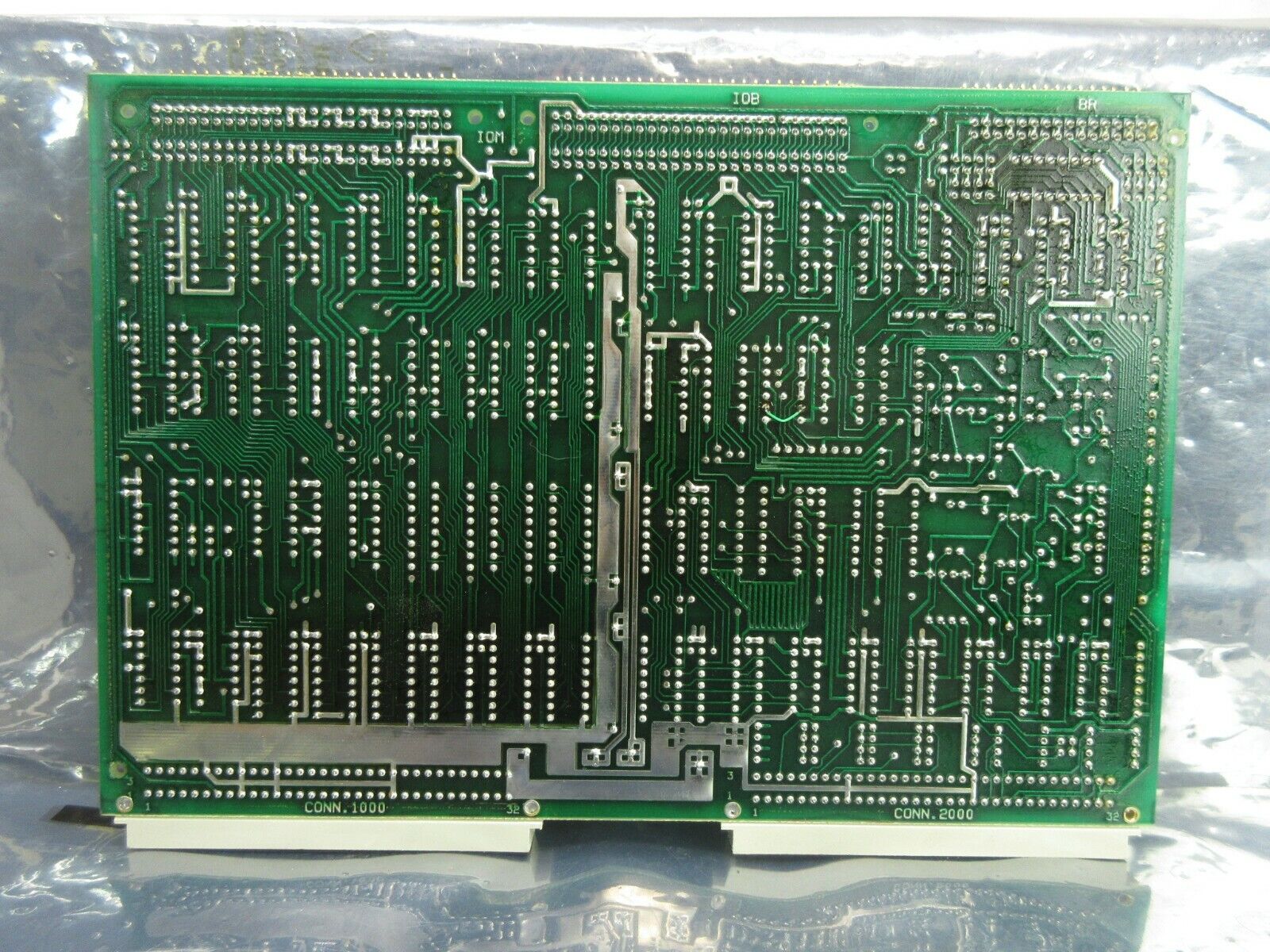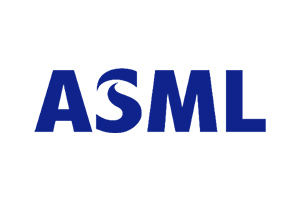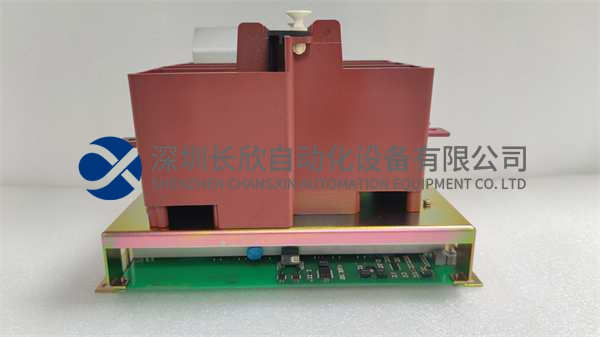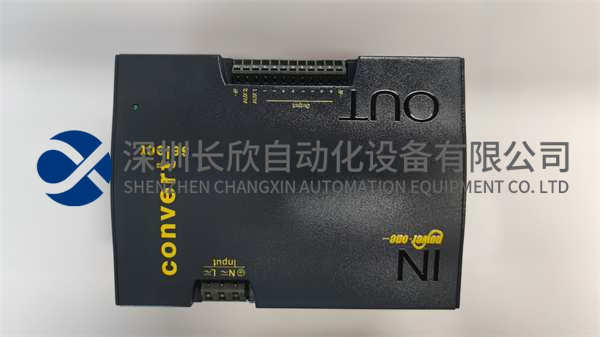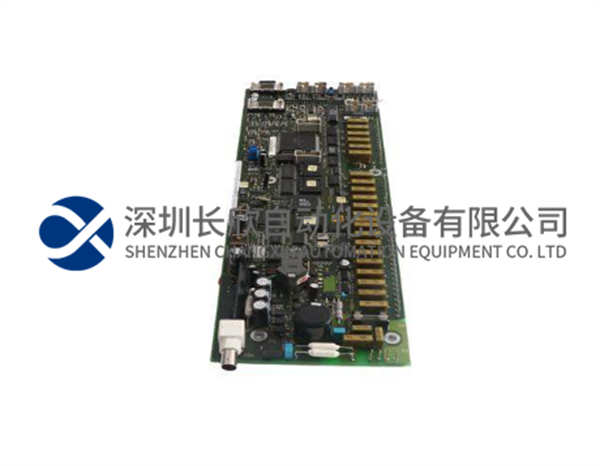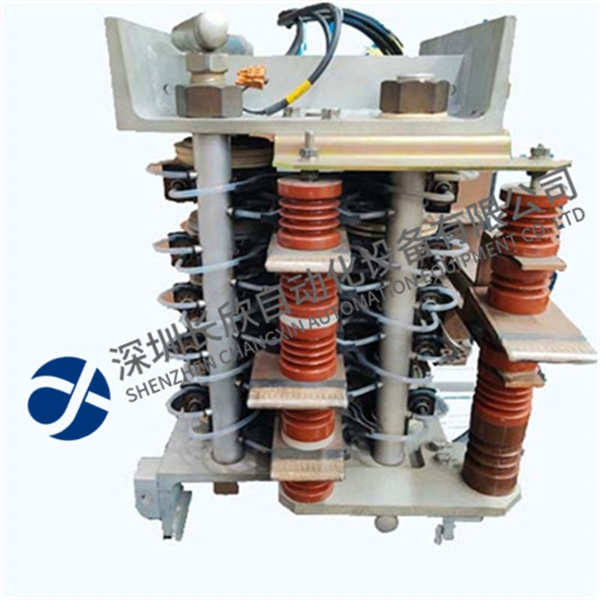描述
产品简要说明
ASML 4022.230.0535是ASML专为极紫外(EUV)光刻机设计的高精度激光调制模块,核心特性包括:
亚纳米级光斑控制:采用自适应光学整形技术,光斑直径≤0.3μm(13.5nm波长)。
动态功率调节:支持100W~500W连续可调,响应时间<500μs。
洁净室级可靠性:通过Class 0.1洁净室认证,抗辐射等级IEC 60601-1-2。
产品详细说明
1.技术架构与核心功能
光源耦合系统:
采用多层非球面反射镜组,反射效率≥99.8%(13.5nm波长)。
集成光纤准直器(数值孔径NA=0.9),实现激光与EUV光源的高效耦合。
调制控制单元:
基于MEMS微镜阵列的动态相位调制器,相位分辨率≤0.01λ(λ=13.5nm)。
数字信号处理器(DSP)实时反馈控制,闭环带宽≥50kHz。
环境适应性:
真空封装设计,内部气压<1e-6 mbar,减少气体散射干扰。
钛合金框架与碳化硅散热基板,热导率≥400W/(m·K)。
2.性能突破
光束稳定性:
长期漂移≤0.05μm/小时(24小时连续运行)。
抗干扰能力:
电磁屏蔽层采用氮化铝-铜复合结构,屏蔽效能≥100dB(1MHz~10GHz)。
能效优化:
光学转换效率≥85%,系统整体功耗≤500W。
技术规格:ASML 4022.230.0535
参数项规格描述
工作波长13.5nm(EUV)
光斑尺寸≤0.3μm(1σ)
功率范围100W~500W(连续可调)
响应时间≤500μs(功率阶跃变化)
环境温度-5℃~45℃(工作模式)
接口类型光纤接口(FC/PC)+数字控制总线(PCIe Gen4)
功耗≤500W(运行模式)
核心价值与性能亮点
1.超精密制造适配性
多光束协同控制:支持4束EUV光同步调制,实现复杂3D芯片结构的逐层曝光。
自修复功能:内置光斑形变补偿算法,单次补偿精度≤0.02μm。
2.跨代兼容性
适配High-NA EUV光刻机:兼容ASML NXE:3800E及后续NA=0.55机型。
工业互联网集成:支持OPC UA协议,可与光刻机主控系统实时同步参数。
3.全生命周期成本优化
模块化设计:关键组件(如MEMS微镜)可独立更换,维护成本降低50%。
预测性维护:内置振动传感器与温度监测模块,故障预警准确率≥95%。
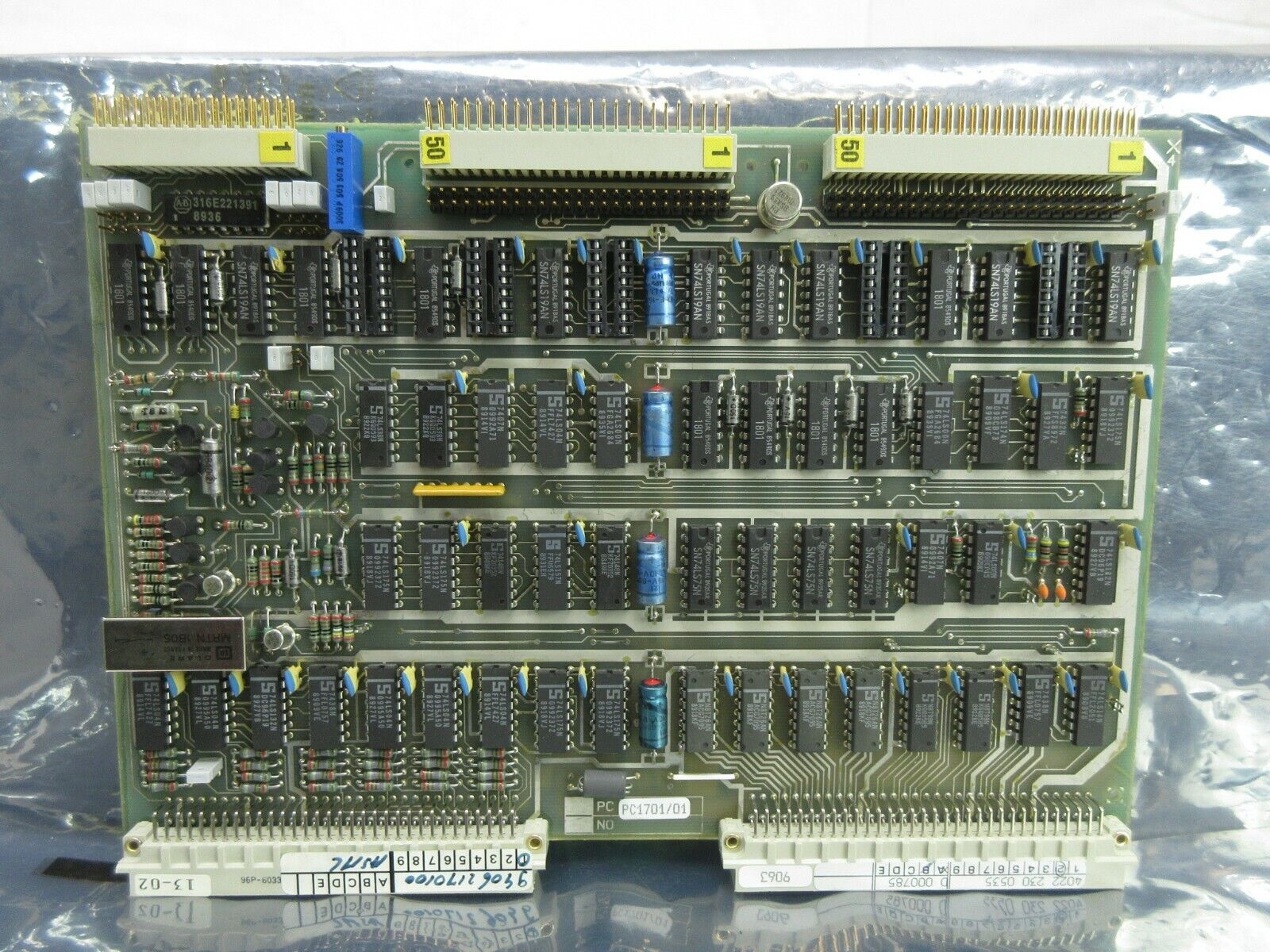
Product brief description
ASML 4022.230.0535 is a high-precision laser modulation module designed by ASML for extreme ultraviolet(EUV)lithography machines.The core features include:
Subnanometer-level spot control:Adaptive optical shaping technology is adopted,the spot diameter is≤0.3μm(13.5nm wavelength).
Dynamic power adjustment:Supports continuous adjustable 100W~500W,and the response time is<500μs.
Clean room-level reliability:passed Class 0.1 clean room certification,radiation resistance level IEC 60601-1-2.
Product details
1.Technical architecture and core functions
Light source coupling system:
A multi-layer aspherical mirror group was used,with a reflection efficiency of≥99.8%(13.5nm wavelength).
Integrated fiber optic collimator(numerical aperture NA=0.9)to achieve efficient coupling between laser and EUV light source.
Modulation control unit:
Dynamic phase modulator based on MEMS micromirror array,phase resolution≤0.01λ(λ=13.5nm).
Digital signal processor(DSP)real-time feedback control,closed-loop bandwidth≥50kHz.
Environmental adaptability:
Vacuum package design,internal air pressure<1e-6 mbar,reducing gas scattering interference.
Titanium alloy frame and silicon carbide heat dissipation substrate,thermal conductivity≥400W/(m·K).
2.Performance breakthrough
Beam Stability:
Long-term drift≤0.05μm/hour(24-hour continuous operation).
Anti-interference ability:
The electromagnetic shielding layer adopts a aluminum nitride-copper composite structure,with a shielding effect of≥100dB(1MHz~10GHz).
Energy efficiency optimization:
Optical conversion efficiency is≥85%,and the overall power consumption of the system is≤500W.
Technical specifications:ASML 4022.230.0535
Parameters Specification Description
Operating wavelength:13.5nm(EUV)
Spot size≤0.3μm(1σ)
Power range:100W~500W(continuously adjustable)
Response time≤500μs(power step change)
Ambient temperature-5℃~45℃(working mode)
Interface type Fiber Optical Interface(FC/PC)+Digital Control Bus(PCIe Gen4)
Power consumption≤500W(operating mode)
Core Valuesand Performance Highlights
1.Ultra-precision manufacturing adaptability
Multi-beam collaborative control:supports 4-beam EUV light synchronous modulation to achieve layer-by-layer exposure of complex 3D chip structures.
Self-healing function:built-in spot deformation compensation algorithm,single-time compensation accuracy≤0.02μm.
2.Cross-generation compatibility
Adaptable to High-NA EUV lithography machine:compatible with ASML NXE:3800E and subsequent NA=0.55 models.
Industrial Internet integration:supports OPC UA protocol and can synchronize parameters in real time with the lithography machine main control system.
3.Full life cycle cost optimization
Modular design:Key components(such as MEMS micromirrors)can be replaced independently,reducing maintenance costs by 50%.
Predictive maintenance:built-in vibration sensor and temperature monitoring module,fault warning accuracy≥95%.

